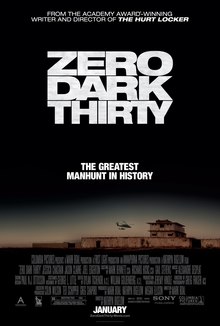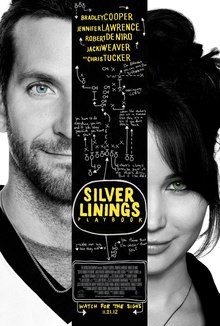 The Sessions was a breakout hit at the Sundance Film Festival last year, winning the Audience Award and a Special Jury Prize for Best Ensemble Acting. Featuring two of the best acting performances of the year from John Hawkes and Helen Hunt, this is a movie that you may have missed in the theater, but should seek out immediately on DVD.
The Sessions was a breakout hit at the Sundance Film Festival last year, winning the Audience Award and a Special Jury Prize for Best Ensemble Acting. Featuring two of the best acting performances of the year from John Hawkes and Helen Hunt, this is a movie that you may have missed in the theater, but should seek out immediately on DVD.John Hawkes plays Mark O'Brien, a real-life journalist and poet from Berkeley, who was paralyzed from the neck down after contracting polio as a child. He spent most of his time in an iron lung to help him breathe, but with the support of his family was able to attend college and earn a living as a writer and poet. At the age of 38, after writing an article about sex and disability, he decided that he wanted to lose his virginity with the help of a sex surrogate. Enter Helen Hunt as Cheryl Cohen-Greene, a sex surrogate who makes it very clear from the outset that there is a clear difference between her job and that of a prostitute. The two of them can only meet for six sessions (ergo the movie's title), a finite amount of time that lends their relationship a bittersweet air of finality.
The movie's supporting cast includes the wonderful William H. Macy who plays Mark's priest. He initially struggles with the idea of condoning sex outside of marriage, but fortunately his brand of Christianity places compassion above all other virtues and he becomes one of Mark's closest confidantes and friends. Mark's "confessions" are hilarious scenes, with poor Father Brendan trying his best to be open-minded. Moon Bloodgood plays Vera, one of Mark's assistants who bolsters his confidence and gives him the encouragement he needs to continue these sessions with Cheryl.
The Sessions is funny, insightful, and moving. The fact that it is a true story makes it all the more incredible. Helen Hunt is deservedly nominated for a Best Supporting Actress Oscar - her performance is nuanced and delicate, running a gamut of emotions as she becomes increasingly fond of Mark but is limited by the boundaries of her profession. John Hawkes is simply stunning and it is a travesty that he did not get a Best Actor nomination. According to interviews, the measures he took to physically transform his body to look like Mark O'Brien resulted in long-term spinal changes and the migration of some of his organs. If that isn't dedication to your craft, I don't know what is.
This year featured two great performances about characters with disabilities. John Hawkes is one, and the other is Marion Cotillard in Rust and Bone. Both actors were snubbed by the Academy Awards, yet on paper, their performances are considered a stereotypical shoo-in for an acting nomination. However, the truly remarkable aspect of these performances is that they are never defined by their disability. Cotillard showcased her character's initial depression over the loss of her legs, but then revealed her ability to move beyond that loss and live her life without reservations. Similarly, John Hawkes ensures that the main thing you remember about Mark is his wit and charm, how he could make everyone he met laugh. His personality is the most striking thing about him, not the fact that he's paralyzed. So might I suggest broadening your horizons beyond the scope of the Oscars and discovering all that The Sessions has to offer.









